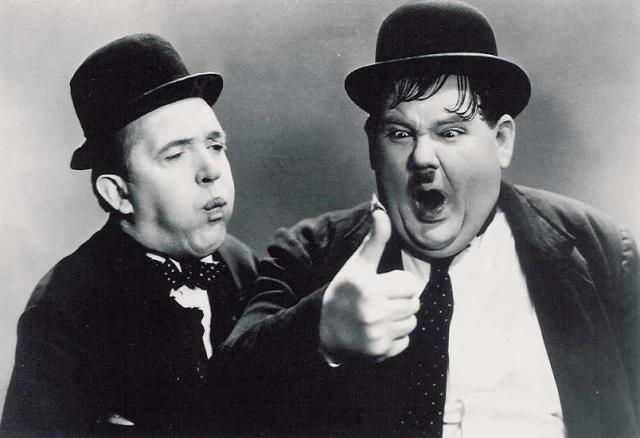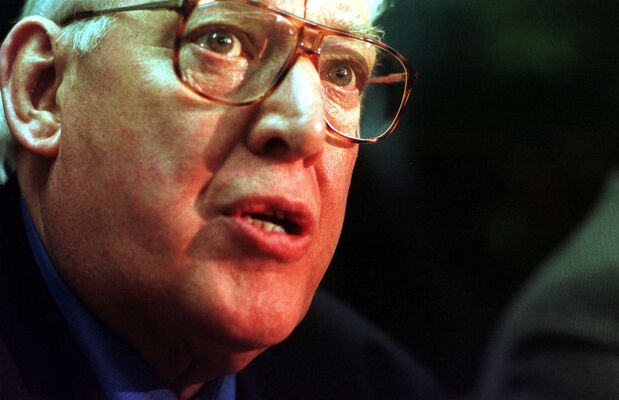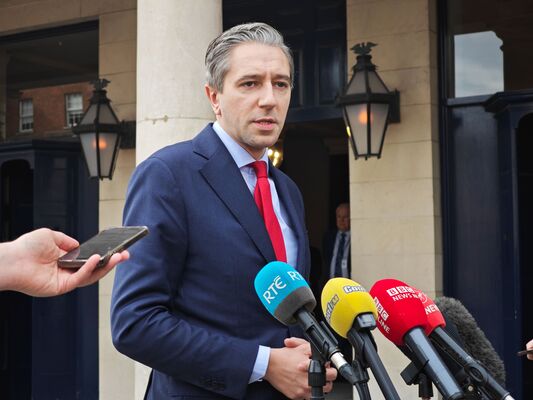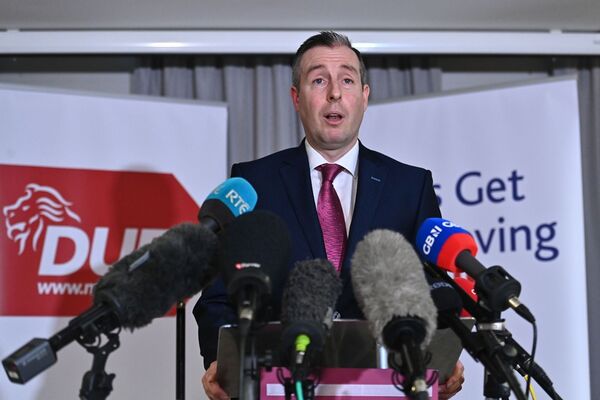IT'S hard not to think of that old slapstick duo Stan Laurel and Oliver Hardy (“This is another fine mess you’ve gotten me into!”) when reading about the present disarray within the PSNI. The Chief Constable resigns, the Police Federation representing rank-and-file officers passes a vote of no confident in the Assistant Chief Constable, another of no-confidence in the chief operating officer, and another of no-confidence in the assistant chief officer.
The Policing Board is heavily criticised for, among other things, having read out the Chief Constable’s resignation speech rather than having him do it himself. (No, Virginia, I haven’t a clue what difference that would have made). Policing Board member Gerry Kelly says there’s sectarianism within the PSNI and that 50-50 recruitment should be reinstated asap.
The simple way to understand this whole tangled affair is that the PSNI were wrong, wrong, wrong to arrest one of the victims of the 1992 Ormeau Road attack and that the withdrawal of subsequent discipline was the result of unionist pressure.
This video was made last week. It was due to be released yesterday evening.
— Relatives 4 Justice #NeverGivingUp (@RelsForJustice) February 6, 2021
Due to the despicable behaviour of the PSNI yesterday, this was postponed. Despite their trauma caused the families are determined that this video goes out today. Please share pic.twitter.com/Oko8QsHAvK
However, one of the problems regarding the whole policing crisis is that the public haven’t been given clear and relevant information.
Let’s start with the two intervening policemen. We’re told that one was a Catholic, one a Protestant, that one of them came from the South and the other the North, and that they’d begun their work as police officers in June of that year. All very interesting, but do we need to know that? Does feeding the public this information hint that lack of experience affected judgement? Or that place of origin or religious background affected operational efficiency?
Basic question: Why did the two cops intervene at the Ormeau Road remembrance? We’re told that it had to do with breaches of the Covid rules. If the group was breaking the law in this respect, even if they were remembering the brutality of 1992, then the group was breaking the law. The group, you note – not just the individual arrested. In which case shouldn’t the police have taken names of all involved and charged them? That is, IF they were breaking the law.
Newspaper reports indicate that the arrested man swore at the police. Did no-one else swear at them? The fact is, swearing at a policeman in the UK is not necessarily a crime, as (like the rest of us) they hear so much of it and it doesn’t always mean harassment or threatening behaviour.
Why were the two police officers disciplined? Maybe because they arrested a man for swearing – in which case they got it wrong. Later, when the judge flipped the decision and said they shouldn’t have been sanctioned, did he say why they shouldn’t have been sanctioned? If they arrested a man for swearing they were wrong, and outrage within the PSNI and the DUP should have had nothing to do with it.
There’s been a lot of clutching of pearls and gasps of horror about low morale in the PSNI. Yet many of us will have seen footage of them in Derry’s Creggan estate last week, where they seized at least one pistol, ammunition and explosives. The PSNI officers addressing the cameras afterwards didn’t look or sound demoralised at all.
Personal experience, Virginia? Well, I’ve had just one extended conversation with a PSNI officer a few years ago, and let’s say he struck me as incompetent. He may of course have been the exception. Or he may not.
Given that policing was at the heart of the Troubles, and we’re quarter of a century away from those days, you’d think by now they’d have sorted out a modern, efficient, fair-minded service, rather than offering the public yet another fine mess.








